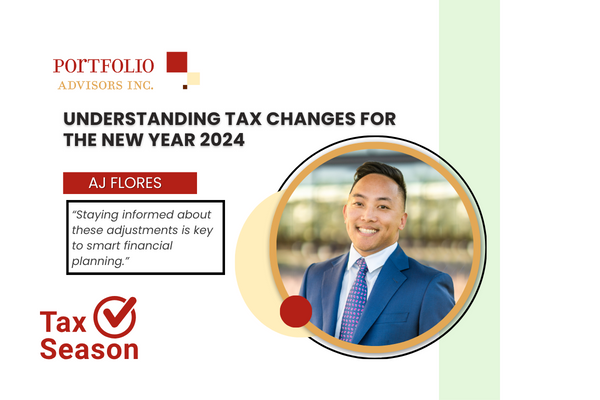In my previous article in this series, I provided a few ideas that Jillian and I found useful as we made the decision to manage our finances together (read here for Part 1 of this series!). In this next installment, I will suggest some proactive steps you and your partner can work towards as you build on your shared financial future.
So, you’ve broached the subject with your partner and want to work together to combine your finances. But where should you start?
Establish a Set of Shared Values and Priorities
Values and priorities can, of course, differ between you and your partner, but it is important to create a list of jointly held priorities that you both support. Having a defined set of shared goals and priorities to work towards won’t only bring you and your partner closer together but will also help to guide your financial decisions as a couple ranging from the day-to-day to the more substantial. These can range from charitable giving and retirement savings intentions to more concrete goals like saving to purchase a home, for an annual vacation, or for future education expenses for kids. Once you and your partner understand your jointly held goals, it will be easier for both of you to build on good financial habits like saving and sticking to a budget.
Determine a Household Budget
A budget at its core projects how much money you and your partner anticipate having and how you think it might be employed. You can get started on a household budget by listing all of your income sources and amounts. Then, list all of your joint household expenses (generally larger, recurring expenses or specific expense categories). Budgets, like financial planning in general, are more meaningful when they are tracked and revisited consistently. Plan to meet with your partner to regularly review the household budget and any adjustments that might be needed.
Produce a Joint Balance Sheet
For the purposes of combining your assets, a marital (or relationship) balance sheet lists each partner’s assets and debts. This joint balance sheet lists the assets (bank accounts, investment accounts, and property) and debts (student, home mortgage or auto loans, and substantial credit card balances) and to whom they each belong. This balance sheet makes clear where you and your partner stand financially.
Consider to what Degree Accounts should be Combined
There are a few approaches couples can take to combine finances when it comes to where money is kept. The method that is appropriate for you and your partner may be different than what works for other couples.
You may consider keeping your finances completely separate, wherein both partners maintain only separate, individual bank accounts. This method would allow partners to maintain their own independence when it comes to managing their finances but might not be conducive for couples with disproportionate income between partners or for single-income households.
You may consider completely merging your finances by going all in on a joint bank account. Although this solution provides for the most transparency when it comes to spending between partners, couples may run into issues if partners have different attitudes or expectations on spending and saving.
The solution might be somewhere in between with each partner maintaining their own bank accounts but also establishing a joint bank account together. A portion of each partner’s income could be deposited into the joint bank account to be used for shared expenses while the separate, individual bank accounts can be maintained for each partner’s personal expenses. This method allows each partner to retain some independence in handling and spending from their own account while allowing for joint expenses to be shared from the contributions each partner makes to the joint bank account. Accounting for inflows and outflows from the joint account could get a little trickier, as might the discussion on how much each partner should contribute if there is a significant difference in each partner’s income.
Regardless of if you are a newly engaged couple or have been together for many years, it is never too late to commit to handling your finances together. These ideas can help guide your discourse, but only you and your partner can determine what approach is best.
If you and your partner already have a handle on how the money is divided and employed but want to consider more expert advice on long-term financial planning, feel free to reach out to one of our financial advisors today!




